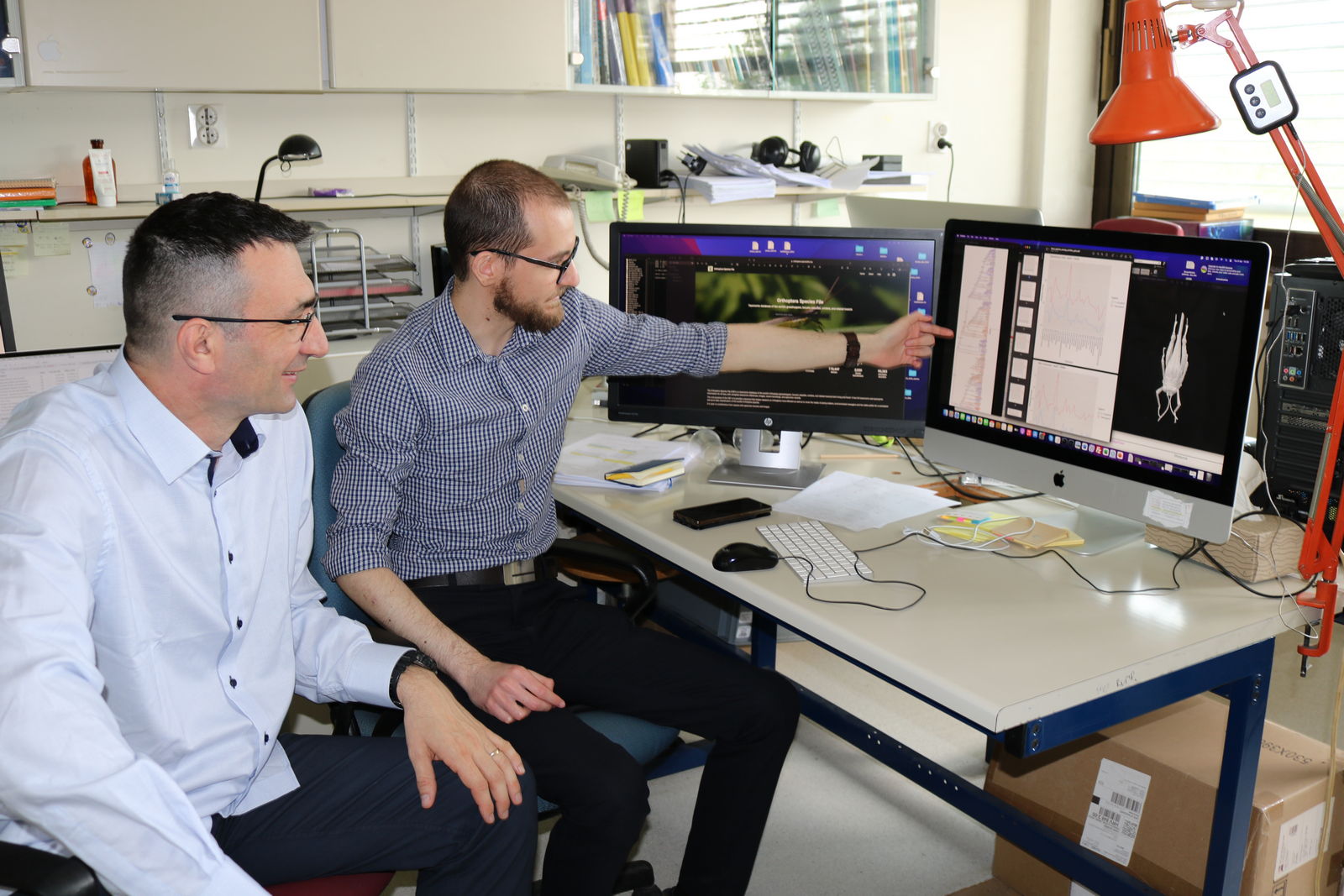In this paper, the researchers discovered that essentially all present-day multicellular organisms, such as animals, plants, and fungi, possess significantly simpler genomes compared to their ancient ancestors. This suggests that genome simplification, rather than an increase in its complexity, is a prevalent evolutionary process shaping our genetic information. This finding reveals a fascinating paradox: obviously complex organisms, like humans, have a much poorer collection of gene families than their distant unicellular ancestors that lived billions of years ago.
To explain this paradox, the authors introduce the concept of "functional outsourcing". "The correspondence between genome and organismal complexity over evolutionary time is poorly understood," notes Professor Tomislav Domazet-Lošo from the RBI, who led the research together with Professor Mirjana Domazet-Lošo (FER). "Our work shows that multicellular organisms continuously simplify their genomes and suggests that the outsourcing of genetic functions could explain this paradoxical complexity decoupling", explains Professor Mirjana Domazet-Lošo.
The idea of functional outsourcing implies that any genetic function which is costly for an organism is a potential target of reductive evolution. The logic behind this phenomenon is quite simple: Why produce expensive genetic products on your own, if there is a cheaper way of getting them from the environment via some biological interaction such as predation, parasitism or symbiosis?
Remarkably, genetic outsourcing is analogous to the business practice of outsourcing, which confirms once again that biology precedes social phenomena by millions of years. In business outsourcing, a company hires outside suppliers to perform some tasks that are otherwise more costly to perform in-house. In other words, a company becomes highly specialized where it performs the best, while the rest is gathered from other specialists in the market. Present-day animals, fungi, and plants behave similarly — they are highly specialized and existentially dependent on other players in the ecosystem.
This sharply contrasts with ecosystems in the past, where living organisms were more self-sufficient and probably less vulnerable to environmental perturbations. However, this self-sufficiency came at the cost of carrying a full genetic toolkit, akin to a backpack, which was lifesaving in harsh times but cumbersome in more favourable conditions.
"The evolution of plants vividly illustrates the phenomenon of genetic outsourcing. The transition from aquatic to terrestrial environments exposed plants to numerous life-and-death challenges including radiation, desiccation, extreme temperature fluctuations, and nutrient scarcity. Early land plants coped with these problems by keeping many functionally diverse gene families in their genomes. However, when they established the first forest communities that included animals and fungi, the outsourcing of genetic functions became rampant. This led to the simplification of their genomes but also to the emergence of more complex ecosystems with many biological dependencies and interconnections", emphasizes Professor Tomislav Domazet-Lošo.
This externalization of genetic functions, which resulted in the significant simplifications of genomes has remained a dominant trend to this day. "In contemporary ecosystems, all organisms heavily exploit each other. This means that all of them, including plants that are often perceived as rather autonomous organisms, function as parasites via the intricate web of biological interactions. While it may sound counterintuitive, it is precisely this ongoing economic warfare that has produced the remarkable biodiversity we see today", concluded the Croatian researchers.





